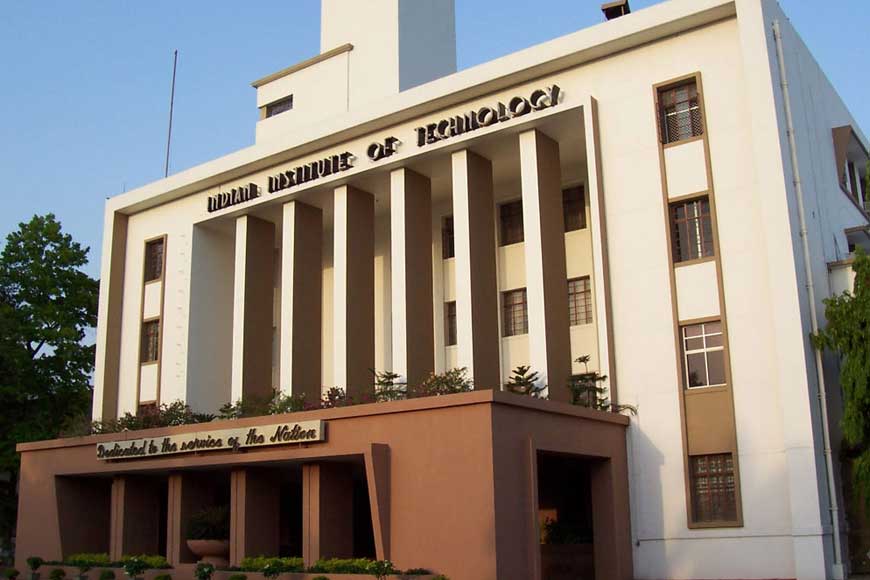Gandhian Young Technological Innovation Awards 2020

A group of Bengali scientists of IIT Kharagpur has been conferred the prestigious ‘Gandhian Young Technological Innovation Awards 2020’ last week for developing a mechanism for generating electricity from wet clothes left under sunlight to dry. This path-breaking innovation will address the problem of energy conservation and thermal management in wearable and flexible electronic devices. Congratulating the researchers, IIT Kharagpur Director Prof Virendra Tewari said, ‘We still have sectors which need sourcing and efficient management of clean energy to meet our augmented power requirements, even in the remote areas.’
Prof Sunando Dasgupta and his team from the Department of Chemical Engineering have also been awarded for their work – ‘Smart, flexible, and multi-functional thermal and energy management systems for next-generation electronic devices.’
Prof Suman Chakraborty, Prof Partha Saha and Dr Aditya Bandopadhyay from the Department of Mechanical Engineering have been awarded for their work – ‘Electrical power generation from wet textile.’ Along with them Prof Sunando Dasgupta and his team from the Department of Chemical Engineering have also been awarded for their work – ‘Smart, flexible, and multi-functional thermal and energy management systems for next-generation electronic devices.’

IT Kharagpur Director Prof Virendra Tewari said, ‘We still have sectors which need sourcing and efficient management of clean energy to meet our augmented power requirements, even in the remote areas.’
The device has been tested in a remote village where around 50 wet clothes were left for drying by washermen. These clothes were connected to a commercial supercapacitor which discharged electricity of around 10 volt. This stored energy is enough to glow a white LED bulb for more than an hour. ‘The clothes we wear are made from cellulose-based textile which has a network of nano-channels. Ions in saline water can move through this interlace fibrous nano-scale network by capillary action inducing an electric potential in the process,’ explained the researchers from the department of mechanical engineering.
‘The clothes we wear are made from cellulose-based textile which has a network of nano-channels. Ions in saline water can move through this interlace fibrous nano-scale network by capillary action inducing an electric potential in the process,’
The work has been published in Nano Letters, a high-impact journal in the field, and the innovation has been patented by them. The group led by Prof Sunando Dasgupta has been working in collaboration with Purdue University, USA, to address the problem of energy conservation and thermal management in wearable and flexible electronic devices. They achieved this by leveraging the unique properties of ‘smart materials’ ie materials that sense and react to environmental conditions or stimuli such as mechanical, chemical, electrical, or magnetic signals - infused with graphene, a form of carbon. Once again Bengali scientists have proved they still lead innovations in India.










